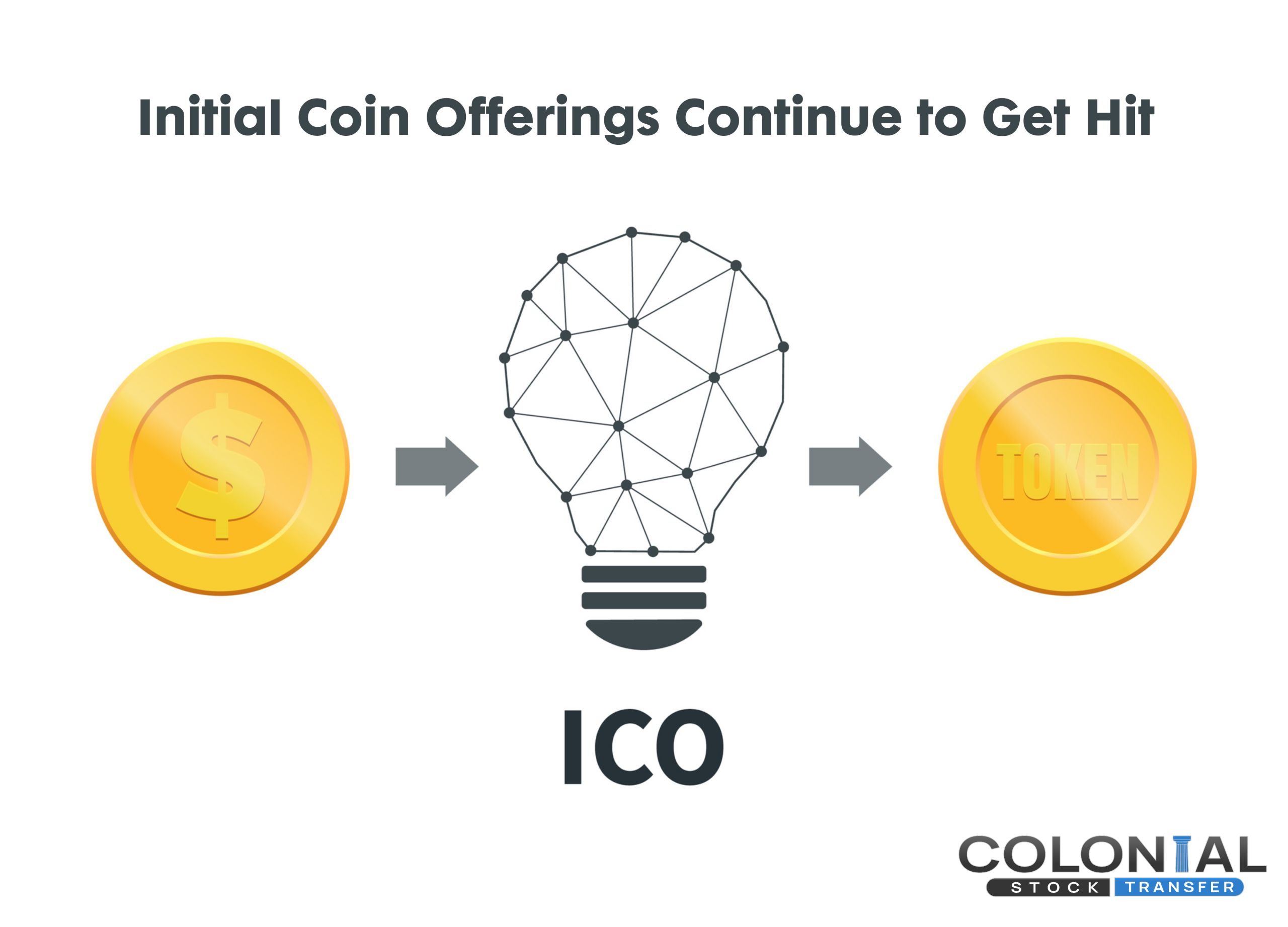
Investing in or organizing an Initial Coin Offering (ICO) may sound like a great idea, especially if you were not able to mint profits from Bitcoin and Ethereum but beware of the associated risks. ICO is risky both for buyers and organizers for various reasons. If this is not something you want to read, skip to the bottom section to find out SEC’s recent law enforcement on a security token offering done by BitClave PTE Ltd.
For Investors:
No Ownership: Unlike an IPO, where you are entitled to a stake in the company, ICOs do not offer you any ownership in the company. When you invest in an ICO, you are just buying a piece of technology. Think of it like buying candies in the candy company, whereas, in an IPO, your investment will buy you a part of the company itself. Now it is your decision if you want to settle for candies!
No Real Value: Investing in ICOs does not guarantee anything because the value of the associated cryptocurrency technology is entirely speculative. The final technology can either be remarkably successful or a complete disaster, and depending on what it is, you will either be a royalty or homeless. So, remember, in terms of valuation, there is no safety net here.
Not Regulated: ICOs and security tokens are considered securities by the SEC, and thus fall under its regulation – many companies have been under scrutiny by the SEC and have had to halt their offerings for not following SEC rules. This is mainly due to the lack of SEC-compliant protocols and methods to appropriately govern ICO or cryptocurrency platforms.
Susceptible to Frauds and Scams: ICOs are highly vulnerable to frauds and scams and more so now considering the falling economy due to COVID-19. The website may look like a perfect “Black Friday” deal, but do not forget how the term “Black Friday” came into existence. You do not want to get crushed in a rush, so ensure due diligence. Find more information on the credibility of the core team involved in the offering and their history with crypto or blockchain. If this information cannot be easily verified, consider it a bad sign.
Advertisements and Marketing: Like all crowdfunding, ICOs also run the risk of too much or too little advertising. Remember, December 11, 2017, when the SEC ceased Munchee from attempting to raise money for cryptocurrency. Besides, if the advertisement raises an urgent call to invest, it is likely a trap set by fraudsters.
Does not make sense: Even if you decide to invest in an ICO in a certain cryptocurrency platform, the platform itself should still have some functionality and solve a problem. One of the reasons why most ICOs fail is because they do not add anything new except for a small tweak to an existing cryptocurrency. Companies try to appeal to investor’s emotions to inflate currency values until the bubble bursts!
For Organizers:
Token Velocity: Not many cryptocurrencies present themselves as long-term investments and go through the “Pump and Dump” tendency. Investors purchase the tokens as soon as it is available and sell it the moment it rises in value. Bitcoin remains popular because people are choosing to hold onto it.
No Information about token holders: ICOs are entirely anonymous, and every transaction takes place using an online user ID, which is not verified. As a result, it is highly susceptible to money-laundering and terrorist financing. Organizers are continuously under the authorities’ radar and may suffer a violation of regulations in the event of such happenings.
Security Threat: In case there is a cyber-attack, the investors will lose their investment and the organizers will lose their reputation. Another risk with ICOs is Identity theft, especially if it gets outside of the United States jurisdiction.
Uncertain Regulations: There are no clear laws that define procedures around ICO. There is uncertainty in the regulatory difference between utility and security tokens, which may result in fines, extra costs, or sentences, which BitClave PTE Ltd had to go through:
On May 28, 2020, the SEC pressed charges against BitClave PTE Ltd, asking them to refund offering proceeds and distribute additional monetary relief to the investors through a Fair Fund. BitClave PTE Ltd. is a blockchain services company headquartered in San Jose, California that raised over $25 million by selling CAT to 9,500 investors in 2017. The proceeds were meant to develop, administer, and market a blockchain-based search platform for targeted consumer advertising. According to the SEC, CAT constituted securities, and BitClave failed to register it.
Without admitting or denying the SEC’s findings, BitClave agreed to pay $25,500,000, prejudgment interest of $3,444,197, and a penalty of $400,000 besides agreeing to transfer all remaining CAT to the fund administrator for permanent disabling. Amanda Straub of the Enforcement Division’s Cyber Unit and Serafima K. McTigue of the San Francisco Regional Office were officers in charge of the investigation. Steven Buchholz and Ms. Littman of the Cyber Unit were supervising.
Read more about SEC guidelines on ICO offerings.
ICO Transfer Agent
Colonial Stock Transfer can help you with your ICO transfer agency services and compliance. Please contact us to learn more about how we can help.



